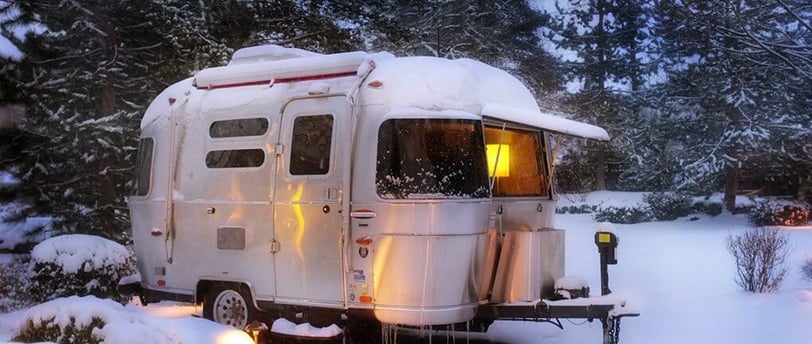Understanding the Risks of Not Inspecting Your RV
Before you tuck your RV away for the season, it’s crucial to perform a thorough inspection. Taking the time to check your RV now can save you from costly repairs and headaches come spring.
On-The-Go Mobile RV Repair
11/4/20241 min read


Essential Areas to Inspect while preparing for the winter
Preparing your RV for winter involves a meticulous inspection of various critical components to ensure its longevity and functionality during the colder months. One of the primary areas that require attention is the plumbing system. It is crucial to remove any remaining water in the pipes and tanks to prevent freezing, which can lead to significant damage. Draining the fresh water tank, winterizing the lines with antifreeze, and ensuring all valves are closed are essential steps in maintaining the integrity of the plumbing system.
Another vital area is the roof and seals. Over time, seals may degrade or become compromised, resulting in potential leaks that could damage the interior of the RV. Inspecting the roof for cracks or wear is necessary for maintaining a watertight environment. Applying a sealant to any problematic areas can help mitigate future issues. Additionally, checking the seals around doors, windows, and vents will ensure that no moisture enters, protecting the living space from mold and mildew.
The tires of your RV also warrant careful examination. As the cold weather approaches, it is essential to inspect the tires for wear and proper inflation. Underinflated tires can lead to blowouts, while worn-out tires may compromise safety on the road. Maintaining the recommended tire pressure and checking for any signs of cracking or significant tread wear are imperative. Rotating the tires and using wheel covers are additional preventive measures to consider during winter storage.
Lastly, the battery requires diligent attention. Testing the charge and inspecting the battery connections should be part of your winter preparation checklist. Ensure that the terminals are clean and secure, which can prevent power loss during the winter months. Storing the battery in a warm location when not in use can also extend its lifespan. By focusing on these essential areas—plumbing, roof and seals, tires, and battery—you will lay a solid foundation for a winter-ready RV.

